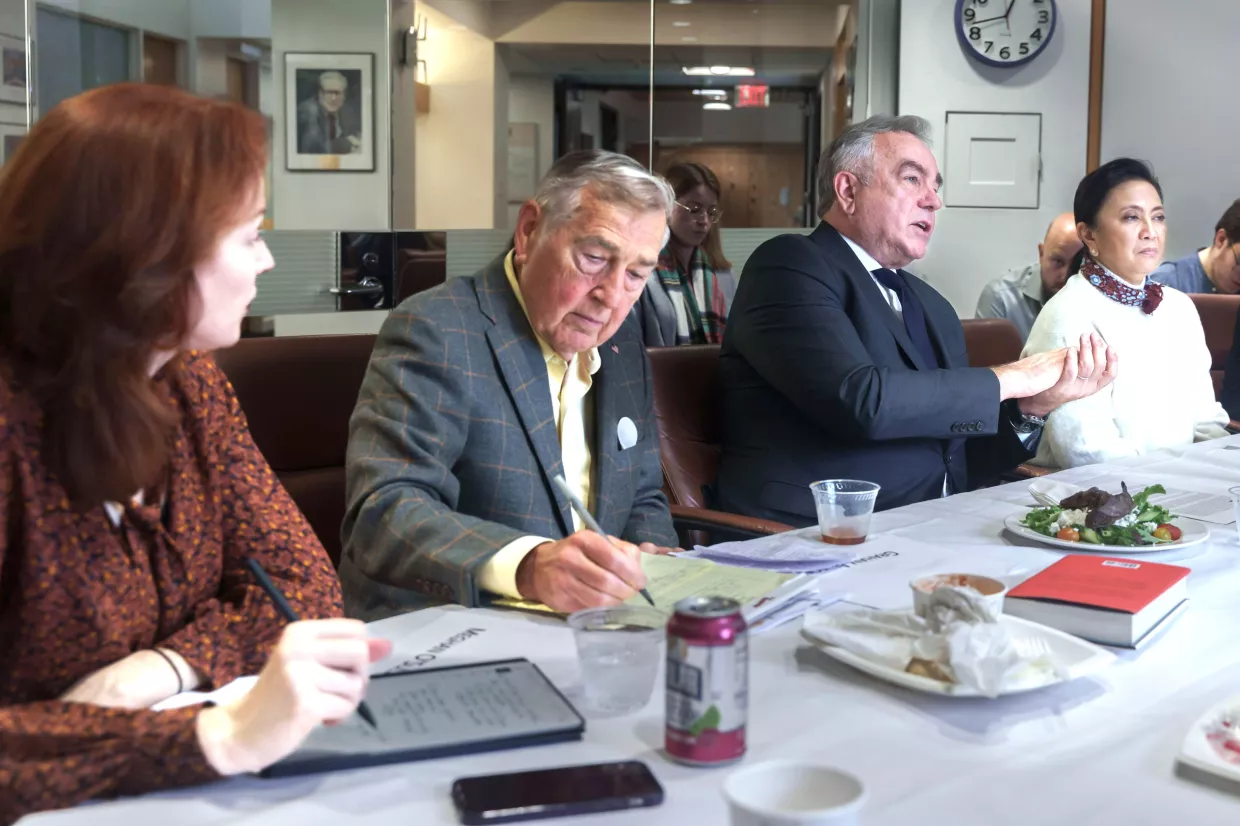Campbell is a Former Belfer Center Assistant Director and Senior Fellow
The White House announced today that President Biden has nominated Kurt Campbell for Deputy Secretary of State. Campbell, recent Belfer Center Senior Fellow and former Assistant Director of the Center, is currently the National Security Council Coordinator for the Indo-Pacific. He is the architect of Biden’s China and Indo-Pacific strategy and advises the president on a range of policy issues related to Asia.
Once approved by the Senate for the number two position with the State Department, Campbell will fill the post previously held by Wendy Sherman – another former Belfer Center Senior Fellow – who retired this past summer. The acting Deputy Secretary of State is Victoria Nuland, also a former Senior Fellow with the Center.

“We are very pleased to congratulate Kurt Campbell on his nomination to the second highest diplomatic post in the country,” said Meghan O’Sullivan, Director of the Belfer Center. “Kurt has been immensely influential in crafting the strategy of the Biden administration toward the Indo-Pacific at this critical time and it is his analysis and judgment that have shaped recent U.S. engagement there. We at Belfer value the long relationship between the Center and Kurt, and we know that he will make immense contribution to the country’s diplomatic efforts in this new position once confirmed.”
Graham Allison, Douglas Dillon Professor of Government at Harvard Kennedy School and former Belfer Center Director, added, “I am very pleased and not at all surprised to learn of President Biden’s nomination of Kurt for this high-influence position in the Department of State. It is difficult to overstate the importance of China and all of the Asia-Pacific to America’s national security and prosperity and even more difficult to overstate Kurt’s qualifications in this critical arena.”
Campbell served as Assistant Secretary of State for East Asian and Pacific Affairs in the Obama administration, where he was the driving force behind initiatives on the administration’s “pivot to Asia,” including strengthening ties with regional allies. His efforts with the Biden administration have built on some of those initiatives and have underscored views he expressed in a 2019 Foreign Affairs article that the U.S. should look at its competition with China “as a condition to be managed rather than a problem to be solved.”
Earlier in his government service, Campbell served in government positions that included Deputy Assistant Secretary of Defense for Asia and the Pacific, Director on the National Security Council Staff, and Deputy Special Counselor to the President for the North American Free Trade Agreement (NAFTA).
Campbell’s connections with the Belfer Center and Harvard Kennedy School began in the 1980s when he joined the Center as a Postdoctoral Research Fellow and later was named Assistant Director. In 1991, he co-authored the Center’s well-known Soviet Nuclear Fission monograph that led to the Nunn-Lugar Cooperative Threat Reduction Program. Campbell also taught at Harvard Kennedy School as Associate Professor of Public Policy and International Relations.
***
Belfer Center for Science and International Affairs
Based at Harvard Kennedy School, the Belfer Center for Science and International Affairs brings together leading thinkers and practitioners from across disciplines to advance understanding on the most important challenges in international security. For more information, visit: www.belfercenter.org
